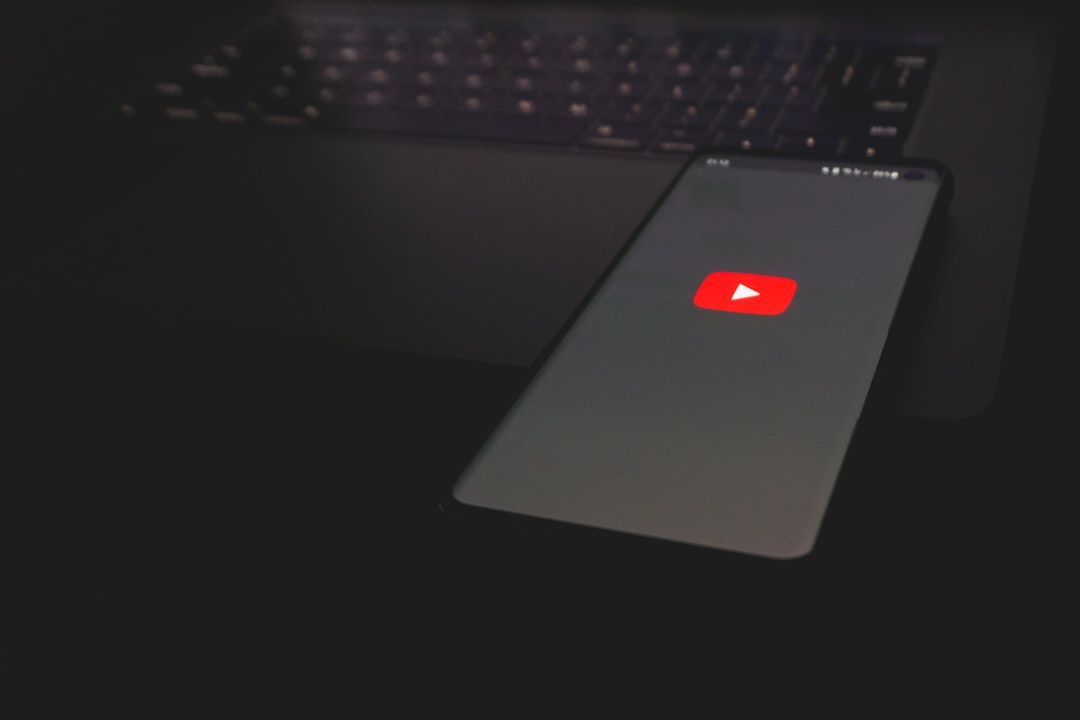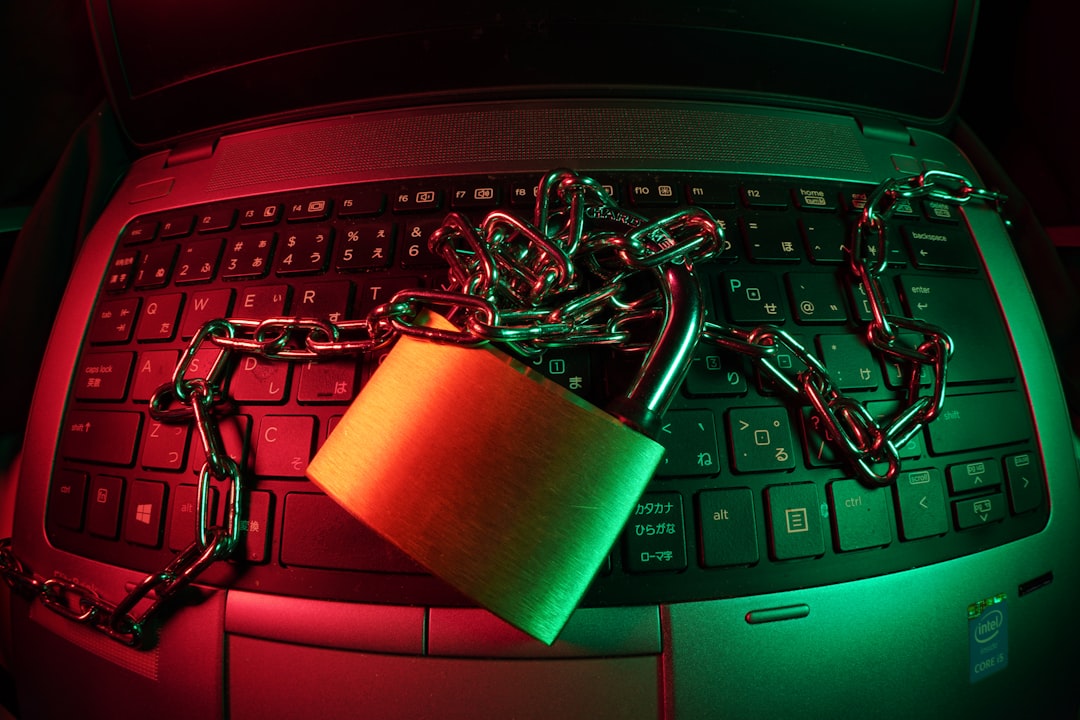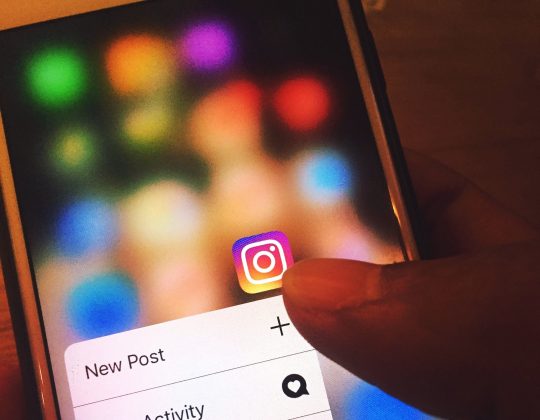In a world where our lives are increasingly connected online, cybersecurity has taken center stage. Whether you’re shopping, working, or simply browsing, the need to protect your personal data from hackers is more crucial than ever. One of the tools many people turn to for this protection is a Virtual Private Network – or VPN. But how effective is a VPN in shielding you from hackers? Let’s dive into what a VPN really does and how much security it actually provides.
What Does a VPN Do?
A VPN encrypts your internet connection and routes it through a secure server in a location of your choice. This process masks your IP address and ensures that your online traffic is unreadable to outsiders.
More specifically, a VPN offers:
- Encryption: Converts your data into unreadable code for anyone who might intercept it.
- IP Address Masking: Hides your true location, preventing websites, ISPs, and potential attackers from tracing your activity.
- Secure Connection: Especially useful when using public Wi-Fi in cafes, airports, or hotels.
These features sound like a solid defense against hackers, and in some ways, they are—but only to a certain extent.
How a VPN Can Protect You From Hackers
Let’s explore the specific ways in which a VPN helps in warding off hacking attempts:
1. Safe Browsing on Public Wi-Fi
One of the biggest security risks arises when you’re connected to public Wi-Fi networks. These are prime hunting grounds for hackers using tactics like Man-in-the-Middle (MitM) attacks to intercept your data.
A VPN encrypts your connection, making it significantly more difficult for hackers to steal sensitive information like email credentials, bank logins, or credit card numbers.

2. Evading Surveillance and Data Harvesting
Hackers often rely on collecting data over time to put together detailed personal profiles. VPNs make this harder by hiding your browsing history and location. Cybercriminals trying to gather intelligence for phishing attacks will have a tougher time when you’re using a VPN.
3. Protection Against IP-Based Attacks
Your IP address can be a gateway for hackers. Once they know it, they may launch attacks like DDoS (Distributed Denial of Service) or even port scanning to find vulnerabilities on your device.
Using a VPN hides your real IP address behind one provided by the VPN server, making you a much harder target.
What a VPN Does Not Protect You From
While a VPN is a powerful tool, it’s not a silver bullet. It cannot protect you from:
- Malicious software: Viruses, ransomware, and spyware can still infect your device if you download suspicious files or visit compromised websites.
- Phishing attacks: VPNs don’t regulate the emails or messages you receive. Clicking a harmful link can still compromise your data.
- Weak passwords: If you use “password123” for all your accounts, no VPN in the world can save you.

Best Practices for Maximum Online Protection
To achieve comprehensive cybersecurity, consider combining a VPN with other precautions:
- Use antivirus software: This helps detect and remove malicious programs.
- Enable two-factor authentication (2FA): Adds an extra layer of security to your online accounts.
- Regular software updates: Keep all applications and devices updated to patch known vulnerabilities.
- Good browsing habits: Avoid clicking on suspicious links or visiting dubious websites.
So, Can a VPN Protect You from Hackers?
The short answer is yes—but only partially. A VPN offers excellent protection against certain hacking techniques, especially those involving snooping on your internet traffic or exploiting your IP address. It’s particularly valuable when using public or unsecured Wi-Fi networks.
However, it’s vital to understand that a VPN is just one piece of the cybersecurity puzzle. To stay safe, you’ll need to adopt a multi-layered approach, incorporating antivirus tools, strong passwords, caution online, and more.
Conclusion
Think of a VPN as a stealth mode for your internet connection. It cloaks your online movements and encrypts your personal data, making it more difficult—but not impossible—for hackers to get to you. Just don’t let that false sense of security tempt you into ignoring other important safety practices. Combine a VPN with other smart cybersecurity strategies and you’ll enjoy a significantly safer digital experience.








